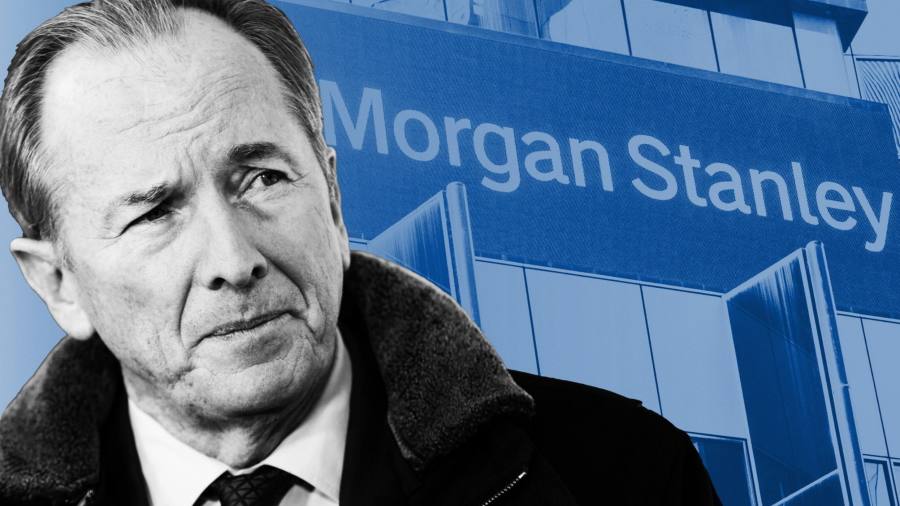James Gorman plans to step down as chief executive of Morgan Stanley next year after more than a decade at the helm of the Wall Street bank he turned into a wealth management giant.
Gorman, 64, told the bank’s annual shareholder meeting on Friday that “the specific timing of the CEO transition has not been determined, but the expectation of the board and myself is that it will happen at some point in the next 12 months “.
He added that he expects to become executive chairman “for a period of time” after handing over the post to his successor.
Gorman said Morgan Stanley’s board had “identified three very strong senior internal candidates for consideration as the next CEO.”
The leading candidates to take one of Wall Street’s most valuable positions are co-presidents Ted Pick and Andy Saperstein and Dan Simkowitz, head of investment management, according to people familiar with the matter. Pick leads Morgan Stanley’s institutional securities business, which includes investment banking and trading, while Saperstein oversees the wealth management division.
“We’ll take Andy Saperstein, it’s the higher odds, more predictable business. If we go to Ted Pick, it’s probably the more complex business,” said Chris Kotowski, an equity analyst at Oppenheimer.

Chief operating officer Jonathan Pruzan was another leading contender to take over from Gorman, but he left earlier this year.
Shares of Morgan Stanley fell about 2 percent in morning trading on Wall Street Friday.
Australian-born Gorman replaced John Mack as CEO in early 2010, having previously served as Morgan Stanley’s co-president responsible for global wealth management, investment management and operations. He became chairman in 2012.
His appointment 13 years ago underscored Morgan Stanley’s intention to expand wealth management and diversify away from its legacy investment banking and trading businesses.
Gorman doubled down on wealth and asset management with the acquisitions in recent years of ETrade and Eaton Vance.
The bank’s market capitalization tripled under his leadership to about $140 billion, overtaking arch-rival Goldman Sachs.
“He was a phenomenal executive,” said Christian Bolu, banking analyst at Autonomous Research. “Where Morgan Stanley was, where they are now, a lot of it is his vision, his execution.”
However, his tenure is not without blemish. The bank is under investigation by US authorities over its block trading business and said this month it was in settlement talks.
Gorman told shareholders at an investor meeting last year that he had no immediate plans to retire from the bank.
Along with JPMorgan Chase’s Jamie Dimon and Bank of America’s Brian Moynihan, Gorman is among a group of Wall Street banking chiefs who have bucked the broader trend of shorter executive tenures at American companies.
During the shareholder meeting, Gorman said Morgan Stanley was “very much” insulated from the recent market struggles at several regional US banks.
“We play in the same neighborhood, but luckily we have one of the best houses,” Gorman said. “I don’t think it was actually a banking crisis. . . I think there is a crisis among some banks.


Leave a Reply